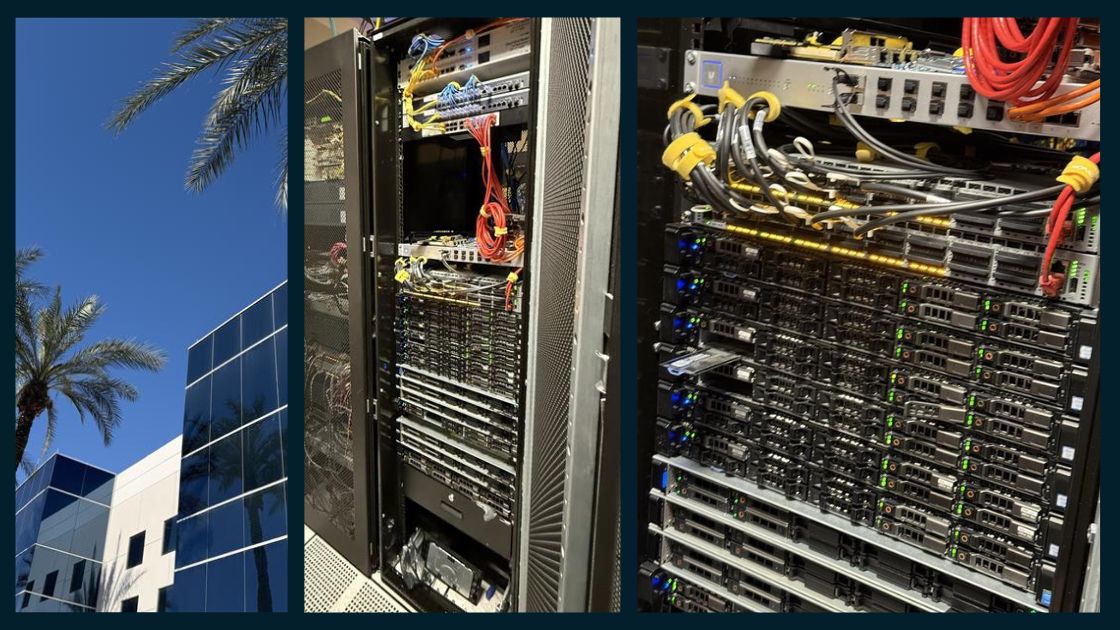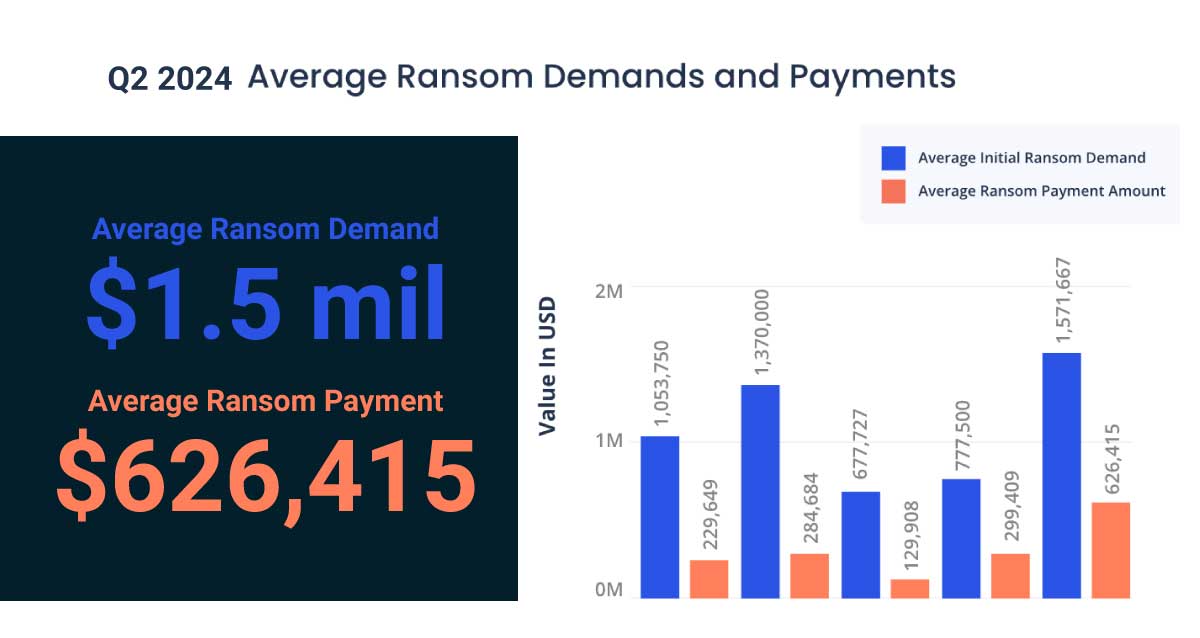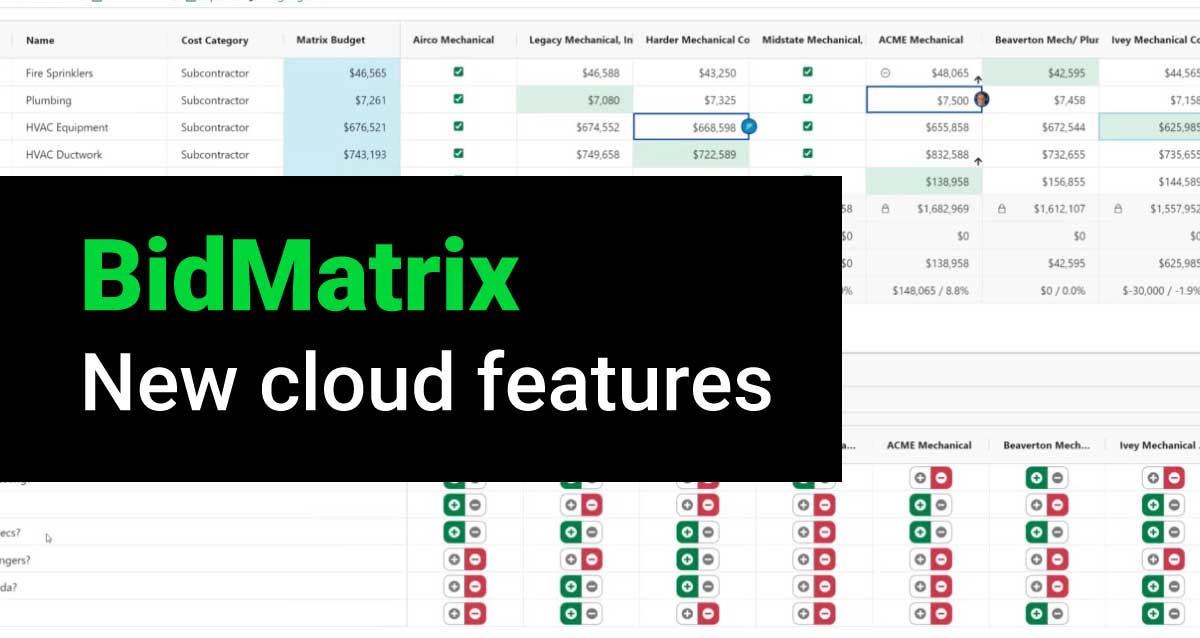In today’s tech-driven landscape, businesses of all sizes face numerous IT challenges. From ensuring robust cybersecurity to keeping systems updated, managing technology can be overwhelming. This is where Managed Service Providers (MSPs) come into play, offering a proactive approach to IT management. Let’s explore the essential role of MSPs and the benefits of cloud hosting, as highlighted by Vince Russo, our VP of Technology Solutions.
Understanding Managed Service Providers
A Managed Service Provider (MSP) is your dedicated IT partner, actively managing and maintaining your IT infrastructure. Unlike traditional IT services that react to issues as they arise, MSPs adopt a proactive stance. Russo explains, “We manage your IT proactively, ensuring your systems are healthy, up-to-date, and secure, rather than waiting for problems to occur.”
This proactive approach helps prevent issues before they disrupt operations, reducing downtime and boosting overall business efficiency. By continuously monitoring and maintaining your network, MSPs swiftly identify and resolve potential problems, minimizing disruptions.
Comprehensive Services Offered by MSPs
Partnering with an MSP brings a wide range of services under one roof. Russo notes that MSPs typically offer a full suite of services rather than a la carte options, effectively acting as your Chief Technology Officer (CTO). This comprehensive approach alleviates the burden of managing technology, allowing you to focus on core business activities.
Key areas addressed by MSPs include network security and cybersecurity. Russo emphasizes, “Network security and cybersecurity are our top priorities. We ensure your network is protected and best practices are followed.” Given the ever-evolving nature of cyber threats, MSPs play a crucial role in safeguarding your systems.
The Benefits of Cloud Hosting
Many businesses are now embracing cloud hosting for their applications and data. Cloud hosting offers significant advantages, especially for those using legacy applications. Russo describes the transition to cloud hosting as a way to eliminate the need for physical infrastructure, reducing associated costs and complexities.
“With cloud hosting, we deliver the application to you, eliminating concerns about outdated servers, software updates, or backups,” Russo explains. Cloud hosting ensures your applications are always accessible, secure, and backed up, easing the load on your internal IT resources.
Commonly Hosted Systems
Frequently hosted systems include applications like Sage 100 Contractor, Sage 300 CRE, Sage Estimating, Dynamics GP, and QuickBooks. These applications, commonly used in construction and accounting, benefit from the seamless updates, security, and accessibility provided by cloud hosting.
“Digitek Solutions, as a Sage Partner, specializes in Sage Construction applications. We also offer support and maintenance for Sage products, including updates at no extra cost,” says Russo.
Taking the First Step
For businesses considering the benefits of MSPs and cloud hosting, Russo encourages an initial conversation. “We invite you to contact us for a no-pressure, no-obligation discussion to see if our services fit your needs,” he says. This initial step can help assess your applications and processes, determining the best course of action for your business.
Partnering with an MSP and leveraging cloud hosting can significantly enhance your IT management, security, and efficiency. By adopting a proactive approach and utilizing the latest technology, you can ensure your systems are robust, reliable, and ready to support your business growth. Contact us today and get started!


